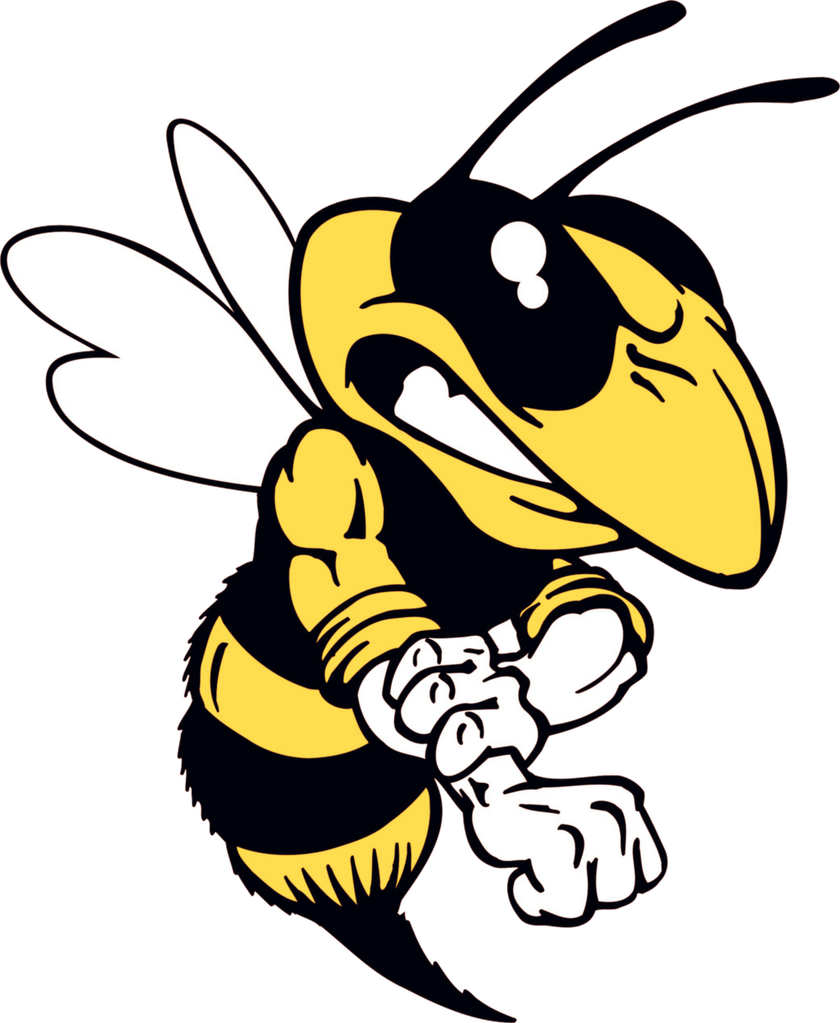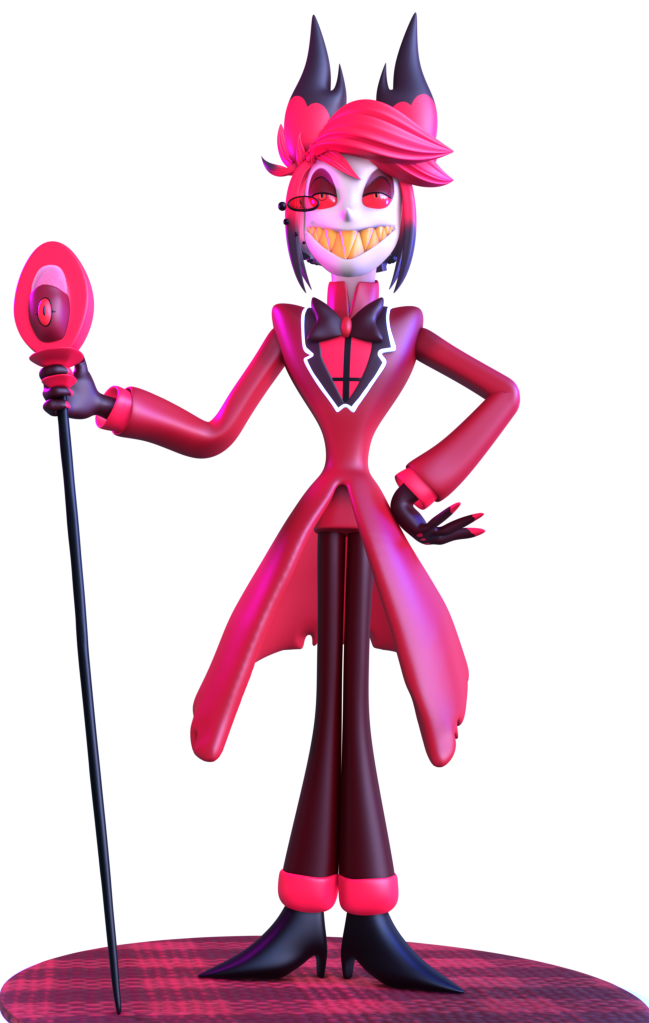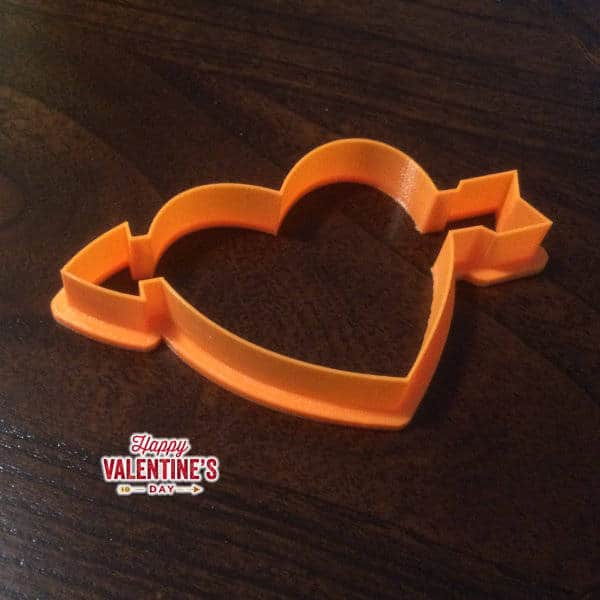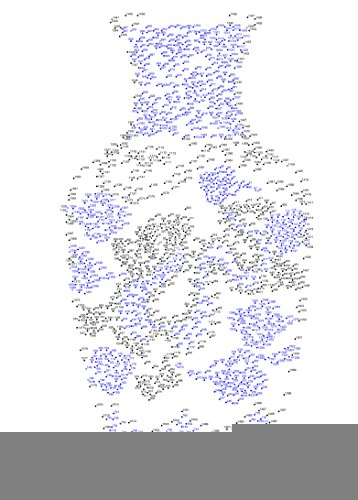Cartoon Hornet 3D Print

Introduction to 3D Printing a Cartoon Hornet

The world of 3D printing has opened up endless possibilities for creating complex and intricate designs with ease. One such design that can be both challenging and rewarding to print is a cartoon hornet. With its sleek body, vibrant colors, and menacing stinger, a cartoon hornet can make for a fascinating and eye-catching 3D printed model. In this article, we will explore the process of designing and printing a cartoon hornet using 3D printing technology.
Designing the Cartoon Hornet

When it comes to designing a cartoon hornet, there are several factors to consider. The design should be both visually appealing and functional, taking into account the limitations and capabilities of 3D printing technology. Here are some key considerations to keep in mind: * Simplification: The design should be simplified to reduce the complexity of the model and make it easier to print. * Color: The design should be designed with color in mind, as the model will be printed in a single color or with multiple colors using a multi-color 3D printer. * Support: The design should be optimized to minimize the need for support material, which can be time-consuming and costly to remove.
Some popular software for designing 3D models include: * Tinkercad: A free online 3D modeling software that is great for beginners. * Fusion 360: A powerful 3D modeling software that is popular among professionals. * Blender: A free and open-source 3D modeling software that is great for creating complex models.
Preparing the 3D Model for Printing

Once the design is complete, the next step is to prepare the 3D model for printing. This involves: * Slicing: The 3D model is sliced into individual layers that the 3D printer can understand. * Support generation: Support material is generated to hold the model in place during printing. * Orientation: The model is oriented to minimize the need for support material and ensure proper printing.
Some popular software for preparing 3D models for printing include: * Cura: A popular slicing software that is free and easy to use. * Slic3r: A powerful slicing software that offers advanced features and settings.
Printing the Cartoon Hornet

With the 3D model prepared, the next step is to print the cartoon hornet. This involves: * Loading the filament: The 3D printer is loaded with the desired filament color. * Calibrating the printer: The 3D printer is calibrated to ensure proper printing. * Starting the print: The print is started, and the 3D printer begins to print the cartoon hornet.
Some popular 3D printing technologies for printing a cartoon hornet include: * Fused Deposition Modeling (FDM): A popular 3D printing technology that uses melted plastic to create the model. * Stereolithography (SLA): A 3D printing technology that uses resin to create highly detailed models.
| Technology | Advantages | Disadvantages |
|---|---|---|
| FDM | Low cost, easy to use, fast printing | Low resolution, limited detail |
| SLA | High resolution, high detail, fast printing | High cost, limited build size |

Post-Printing

Once the print is complete, the next step is to remove the support material and clean up the model. This involves: * Removing support material: The support material is carefully removed to reveal the finished model. * Sanding: The model is sanded to smooth out any rough edges or surfaces. * Painting: The model is painted to add color and detail.
🖌️ Note: When handling the model, be careful not to damage the delicate features or apply too much pressure, which can cause the model to break.
With these steps, you can create a stunning cartoon hornet using 3D printing technology. Whether you’re a beginner or an experienced 3D printing enthusiast, this project is sure to challenge and reward you.
To summarize, the key points to take away from this article are: * Designing a cartoon hornet requires careful consideration of simplification, color, and support. * Preparing the 3D model for printing involves slicing, support generation, and orientation. * Printing the cartoon hornet requires loading the filament, calibrating the printer, and starting the print. * Post-printing involves removing support material, sanding, and painting to reveal the finished model.
What software is best for designing a cartoon hornet?

+
The best software for designing a cartoon hornet depends on your skill level and experience. For beginners, Tinkercad is a great option, while Fusion 360 and Blender are better suited for more complex designs.
What is the best 3D printing technology for printing a cartoon hornet?

+
The best 3D printing technology for printing a cartoon hornet depends on the level of detail and resolution required. FDM is a popular option for its speed and affordability, while SLA offers higher resolution and detail.
How do I remove support material from my 3D printed cartoon hornet?

+
Removing support material from your 3D printed cartoon hornet requires careful attention to detail. Use a craft knife or sandpaper to gently remove the support material, taking care not to damage the delicate features of the model.



